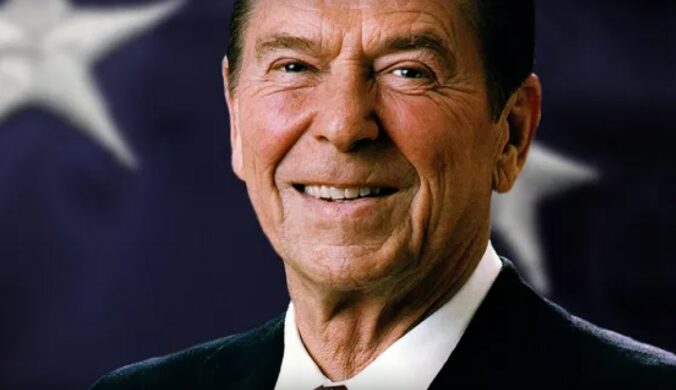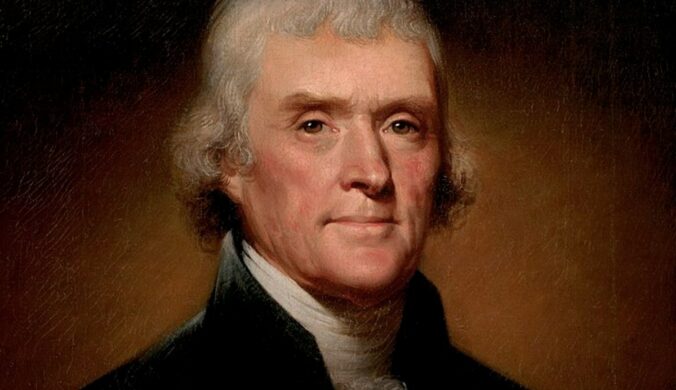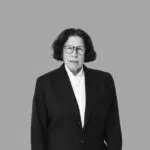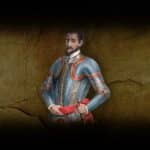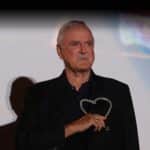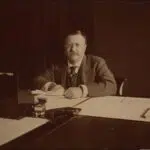Theodore Roosevelt Jr. was born on October 27, 1858, in New York. Although he is mainly known as the 26th President of the United States, this vibrant, multi-talented, and chivalrous man has become a hero to billions of Americans for a variety of reasons. In addition to being a writer and historian, Roosevelt was a politician, hunter, environmentalist, and public speaker. He has over 26 books, over 1,000 published articles, and hundreds of speeches and correspondence to his credit. Roosevelt had previously served as a member of the New York State Assembly, a Dakota Territory sheriff deputy, the New York City Police Commissioner, the United States Civil Service Commissioner, and the Assistant Secretary of the Treasury. Before being elected President at the age of 42, he served in the Navy, was Colonel of the Rough Riders, Governor of New York, and Vice President. He gave the job a new lease on life, urging Congress and the American people to back progressive reforms and a strong foreign policy. Let us also remember his special day with the same zeal by learning about his accomplishments throughout his life!
Fast Facts
Full Name:
Theodore Roosevelt Jr.
Nickname:
Teddy
Birth date:
October 27, 1858
Death date:
January 6, 1919 (age 60)
Zodiac Sign:
Scorpio
Height:
5' 10"
Net Worth:
$125 million
Background
Theodore Roosevelt was born to a rich family of Dutch origin who belonged to the city’s finest elite networks. Roosevelt, dubbed ‘Teedie’ by his parents, had terrible asthma from a young age, which his father tried to treat by taking him on vigorous carriage rides and outings to the countryside to get some fresh air. He went to Harvard University at 18 and spent four years there, splitting his time between literature and sports and excelling at both. After graduating from Harvard, he spent nearly a year studying in Germany before entering politics. He was elected to the New York State Assembly, where he served for three years and earned a reputation as a reformer. Due to ill health and the deaths of his wife and mother, Roosevelt stepped down from politics. He put some of his father’s money into a cattle ranch in the Dakota Territory’s Badlands, intending to stay there for a long time. He became an avid hunter, particularly of large game, and a strong believer in the great outdoors, which provided him with health and vigor. Roosevelt returned to the United States in 1886, remarried, and got into politics yet again.
Following his election, President Harrison assigned Roosevelt to the Civil Service Commission, of which he was ultimately elected president. He held this position for a while until he took over as chief of the New York City Police Department. Later in President McKinley’s cabinet, he was named assistant secretary of the Navy. While in this position, he eagerly prepared for the upcoming Cuban War, and when it broke out, he went to Cuba as lieutenant colonel of a volunteer cavalry unit he had organized from the West’s hunters and ranchers. He rose to prominence as the commander of these ‘Rough-Riders,’ whose story he recounted in one of his most popular works.
President Roosevelt worked diligently to establish the International Court of Arbitration at The Hague, which had been established in 1899 but hadn’t been used by any country during its initial three years of operation. The United States and Mexico had chosen to follow a historical dispute about California’s Pious Foundations to the Hague Tribunal. The 1899 arbitration system was finally implemented when other countries followed suit. He was also instrumental in expanding the use of arbitration to international conflicts in the Western Hemisphere, signing multiple arbitration treaties with European nations that were later rejected by the Senate. After several weeks of tense negotiations, President Roosevelt offered his services as a mediator, and in September 1905, a peace treaty was signed between Russia and Japan.
Career timeline
He becomes the youngest member of the New York State Assembly ever elected, and his first significant literary "The Naval War of 1812" is published.
Roosevelt is recruited as a Second Lieutenant, appointed as the Speaker of the Republican Assembly, and intends to shoot bison in the Dakota Territory.
He lands in the Dakota Territory and employs Joe Ferris as a hunting guide before spending two weeks hunting in Dakota.
Following the conclusion of his ranchman hunting adventures, he publishes several books and rises to national prominence during this time for New York City police reforms and is eventually elected Governor of New York.
President McKinley is assassinated, and his vice president takes over as the 26th and youngest President of the United States.
He is re-elected President of the United States, and during his second term, he establishes the United States Forest Service, negotiates the Russo-Japanese Peace Treaty, and makes his first trip to the Panama Canal.
Why We Love Theodore Roosevelt
He was a charmer
He knew how to create meaningful change — he rallied the media and public perception behind him. While he shaved, he set up a newsroom at the White House and invited reporters in for informal discussions.
His love for nature was admirable
Roosevelt, a keen outdoorsman, prioritized the preservation of America's natural wonders. He established 200 million acres of forest and wildlife reserves during his presidency.
He was a war hero
He served the country by collaborating with the Navy troops and the Police Commissioner. Many lauded his leadership as an example of bravery.
5 Surprising Facts
He was a coffee-lover
He loved coffee so much that his coffee cup resembled a ‘bathtub,’ and he enhanced every cup with seven lumps of sugar.
The first is never forgotten
Roosevelt was the first incumbent or previous president to board a plane.
Shot but not with words
Roosevelt talked about 90 minutes after being shot by an assassin.
Wasn’t a fan of Teddy
Roosevelt disliked the moniker ‘Teedie’ because it reminded him of his deceased first wife, Alice, who used it to address him.
Blinded in one eye
Roosevelt had left eye vision problems after sparring in a boxing fight with a partner when he was over 50.
Theodore Roosevelt FAQs
When did Theodore Roosevelt die?
On January 6, 1919, Roosevelt died of a pulmonary embolism in his sleep at Sagamore Hill, his estate overlooking New York’s Long Island Sound.
What were Theodore Roosevelt's parents' names?
Theodore Roosevelt, Jr. is the son of Theodore Roosevelt, Sr. and Martha ‘Mittie’ Bulloch.
What happened to Theodore Roosevelt's first wife?
She died two days after giving birth to their only child of an undetected case of Bright’s disease.
Theodore Roosevelt’s birthday dates
| Year | Date | Day |
|---|---|---|
| 2024 | October 27 | Sunday |
| 2025 | October 27 | Monday |
| 2026 | October 27 | Tuesday |
| 2027 | October 27 | Wednesday |
| 2028 | October 27 | Friday |




